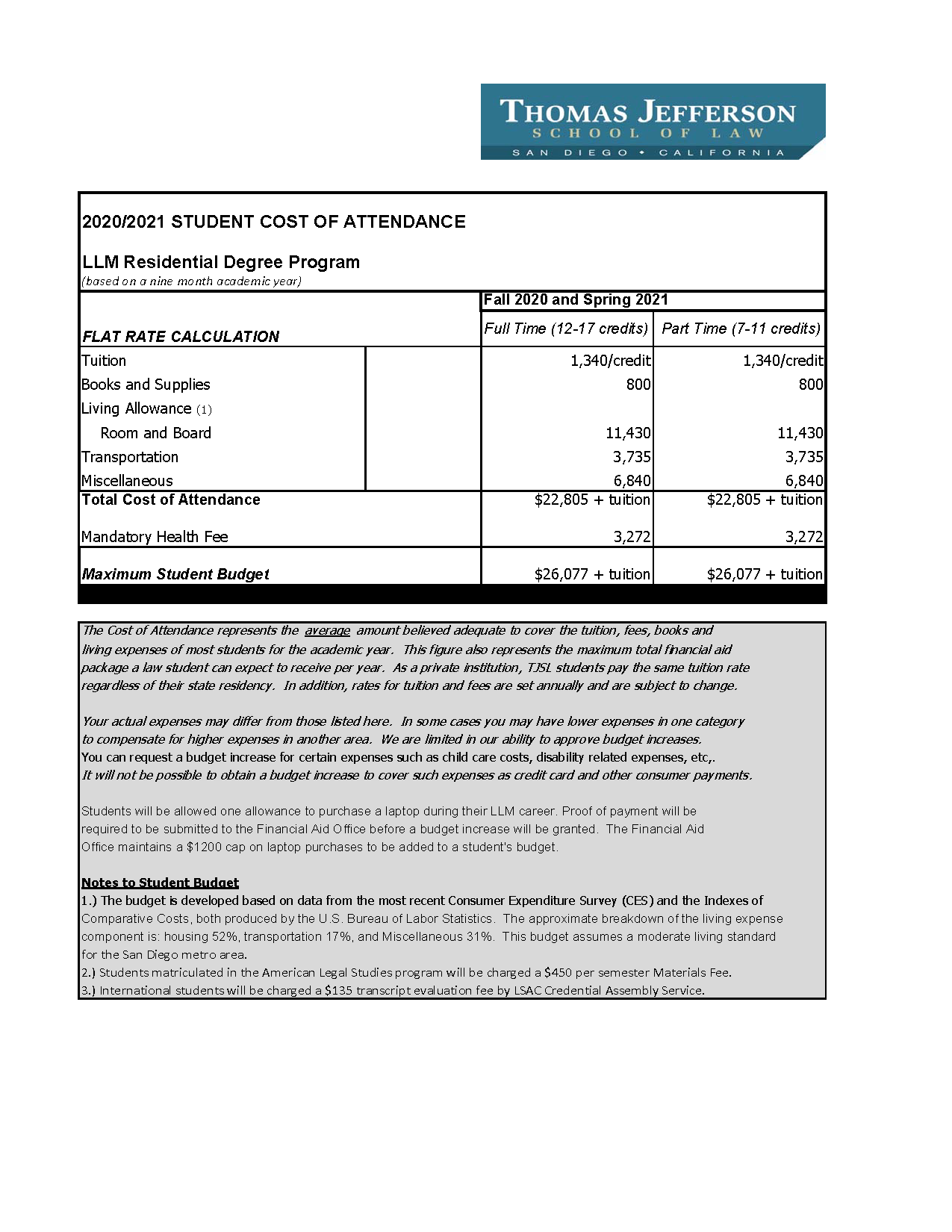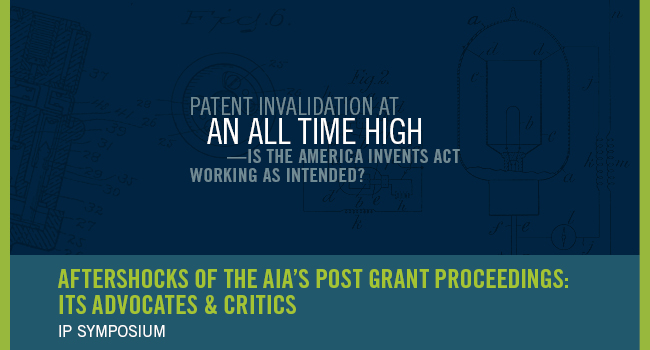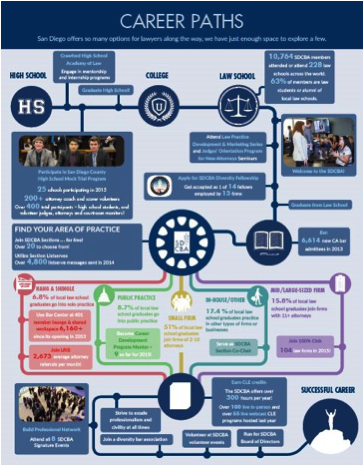The mission of the Center for Sports Law and Policy (CSLP/Center) is to integrate Thomas Jefferson School of Law (TJSL/Thomas Jefferson) with, and prepare its students for employment in, the growing sports industry. With its emphasis on both professional, amateur and international sports law and policy, its location in San Diego, and its involvement with the three other centers of academic excellence at Thomas Jefferson, the Center is ideally suited to become a major force in dealing with sports law and policy issues and preparing its students for involvement in the industry. Unlike any other Center located at a Law School in the United States, the CSLP is committed, through hosting of conferences and preparing of whitepapers, to helping find solutions to the major problems in the sports industry. As they are engaged in the work of the Center’s mission to help find viable solutions to the major problems confronting the sports industry in the 21st century, students learn skills as problem-solvers. Students participate in developing whitepapers, hosting conferences, competing and participating in law school competitions, specifically the CSLP/TJSL-hosted National Sports Law Negotiation Competition, and studying sports law and policy in a curriculum specifically designed to emphasize problem-solving skills.
Do you want a career in Sports and Entertainment?
Important Documents/Forms:
CSLP Program Overview and Requirements
CSLP Application to Enroll
CSLP Certificate Application Form
CSLP Event Attendance Log
Career Services Informational Handout
Certificate Program:
The Center for Sports Law & Policy at Thomas Jefferson School of Law offers a Certificate to students who meet certain requirements. Please note that any given student may earn only one Certificate from one of the Centers at Thomas Jefferson School of Law because of the required Juris Doctor curriculum.
The Following are the SEVEN (7) requirements to receive the Certificate in Sports Law & Policy (please see the ‘Program Overview and Requirements document on this page for details):
-
Program Enrollment
-
Units
-
Internship
-
Substantial Writing
-
Grade Point Average (GPA)
-
Event Log
-
The Certificate Application
List of Approved Center courses that apply toward the required classroom units:
Amateur Sports Law (2 units)
Introduction to Sports Law (2 units)
Professional Sports Law (2 units)
International Sports Law (2 units)
Infractions and Compliance (2 units)
Collective Bargaining in Professional Sports (2 units)
Race and Gender in Sports (2 units)
Trademark Clinic Seminar (2 units)
Entertainment Law Transactions (3 units)
Contracts Drafting (2 units)
Negotiation Theory & Skills (2-3 units)
Copyright Law (3 units)
ADR Competition Team (units vary)
Entertainment Law (3 units)
Law Practice Management (3 units)
Business Planning (3 units)
Client Interviewing and Counseling (2 units)
Labor Law (2-3 units)
Employment Law (3 units)
Celebrity Advertising (2 units)
Music Law (2-3 units)
Administrative Law, Intellectual Property, Mediation, and Arbitration related courses (units vary)
*Other courses may be approved by the Director. Note that the availability of courses varies.
Helpful Informational links for Fellows and Prospective Students:
Course Schedule
Student Handbook
Sports Law and Policy Fellows Program
Adjunct Professors of Law
Law and Policy:
The CSLP is unique in its capacity to engage in research and study regarding sports law and policy related topics. Through the work of the CSLP, Thomas Jefferson is committed to being a leader in the study of sports law and policy issues. Sports are a major force in our economy and culture, but it is rarely studied in depth. In the United States, it has been reported that we spend more dollars on sports than on education. Our nation’s media also provide more time and space (coverage) for sports and sports-related issues than for other issues covered in education. If such issues are studied in disciplinary isolation (e.g., articles in legal or business journals), the analysis is inadequate. The issues do not arise in isolation, in a disciplinary sense, so effective study of those issues requires cross-disciplinary study and research. As a free-standing, non-profit law school, Thomas Jefferson is specially situated to build bridges with other major academic and professional entities and organizations throughout the world and is committed to doing so.
Students will be directly involved with faculty in hosting conferences, symposia and speakers. Students and faculty will also work jointly on projects and the generation of white-papers and other materials designed to contribute to improved policymaking in the sports law and policy area. With its recognition that policymaking and problem solving in the sports industry is by its very nature cross-disciplinary, students and faculty associated with the CSLP will work with those who are not necessarily lawyers within the industry to endeavor to find viable solutions to issues in the sports law and policy area.
Summary:
The CSLP is committed to being a leader nationally and internationally in the sports law and policy area. By providing students with an engaging and balanced curriculum and opportunities to be involved with leading lawyers and policymakers in the sports industry, the CSLP offers students a unique opportunity to pursue their legal education and interest in sports law and policy.
We encourage students to visit campus, attend classes, talk with students and faculty and see for themselves whether they would benefit from being associated with the CSLP, with its commitment to being a leader in the sports law and policy area.
Like the Center on Facebook, follow us on Twitter and Instagram, or join us on LinkedIn. You can also Connect with the student-led Sports Law Society.
Contact:
Jeremy M. Evans, Esq.
Director, Center for Sports Law & Policy
Thomas Jefferson School of Law
1155 Island Avenue
San Diego, CA 92101
Phone: 619-961-4204
Fax: 619-961-1204
E-Mail: jevans@tjsl.edu
Website: http://www.tjsl.edu/sports-law-policy
About the CSLP Director
Programs Planned for 2015:
1. National Sports Law Negotiation Competition 2015
Past Competitions, Conferences & Events:
2015:
Panel Discussion about NCAA Athletes: Should They Be Paid?
CSLP Speakers Series Featured S.D. Padres Asst. GM of Baseball Operations
Padres Speakers Series: Tom Seidler, Ownership Group at San Diego Padres
Minor League Baseball Owner and GM Make Up CSLP Panel
Director of the Center for Sports Law & Policy Speaks at Berkeley
Jeremy Evans ‘11 Shares his Advice and his Journey
TJSL Baseball Arbitration Team Competes in New Orleans
2014:
CSLP Holds Second Installment of Padres Speakers Series
Successful National Sports Law Negotiation Competition & Sports Law Conference
Center for Sports Law and Policy Tours U.S. Olympic Training Center
CSLP Presents the “Padres Speakers Series:” Jarrod Dillon
Upcoming National Sports Law Negotiation Competition & Sports Law Conference
Sports Law Fellows from the Center for Sports Law & Policy Discuss Their Success
CSLP Fellows Visit Callaway Golf
TJSL Student Reports from the 2014 Brazil World Cup
Sports Fellows Attend 40th Annual Sports Lawyers Association Annual Meeting
Working in Sports Law: An Overview of Available Careers, April 22, 2014
TJSL Alums working in Entertainment Law: Film, Television, & Radio, April 12, 2014
Center for Sports Law & Policy Director and Fellows Visit TaylorMade Golf Company, March 21, 2014
“Super Agent” Leigh Steinberg Educates TJSL Students about the Business of Sports, February 21, 2014
The Center for Sports Law & Policy Appoints New Director
TJSL Represented at the 7th Annual National Baseball Arbitration Competition
2013:
Successful Center for Sports Law & Policy Conference
Third Annual NSLNC Continues to Raise the Bar
Starting Women's Intercollegiate Football
Students' Sports Law White Papers Earn Recognition
TJSL’s Baseball Arbitration Team Competes Well at Tulane Event
2012:
Gladiators in the 21st Century: Violence and Injuries in Athletics
Sports Law Negotiation Competition & Symposium a Major League Success
Excitement Builds for TJSL Sports Law Negotiation Competition
TJSL Captures First Place at Tulane Baseball Arbitration Competition
2011:
The BCS and the Future of Big-Time College Football
Inaugural NSLNC Scores Big Win with Participants
National Sports Law Negotiation Competition & Symposium
Leading Sports Law Expert to Head TJSL’s New Center for Sports Law and Policy
Other Sports Organizations:
Michael Weiner Scholarship for Labor Studies 2016
Sports Lawyers Association
American Bar Association, Forum on Entertainment and Sports Industries
American Bar Association, Young Lawyers Division, Committee on the Entertainment and Sports Industry
State Bar of California, Entertainment and Sports Law Interest Group, Intellectual Property Law Section
San Diego County Bar Association, Entertainment & Sports Law Section
San Diego Entertainment & Sports Lawyers
San Diego Sport Innovators






